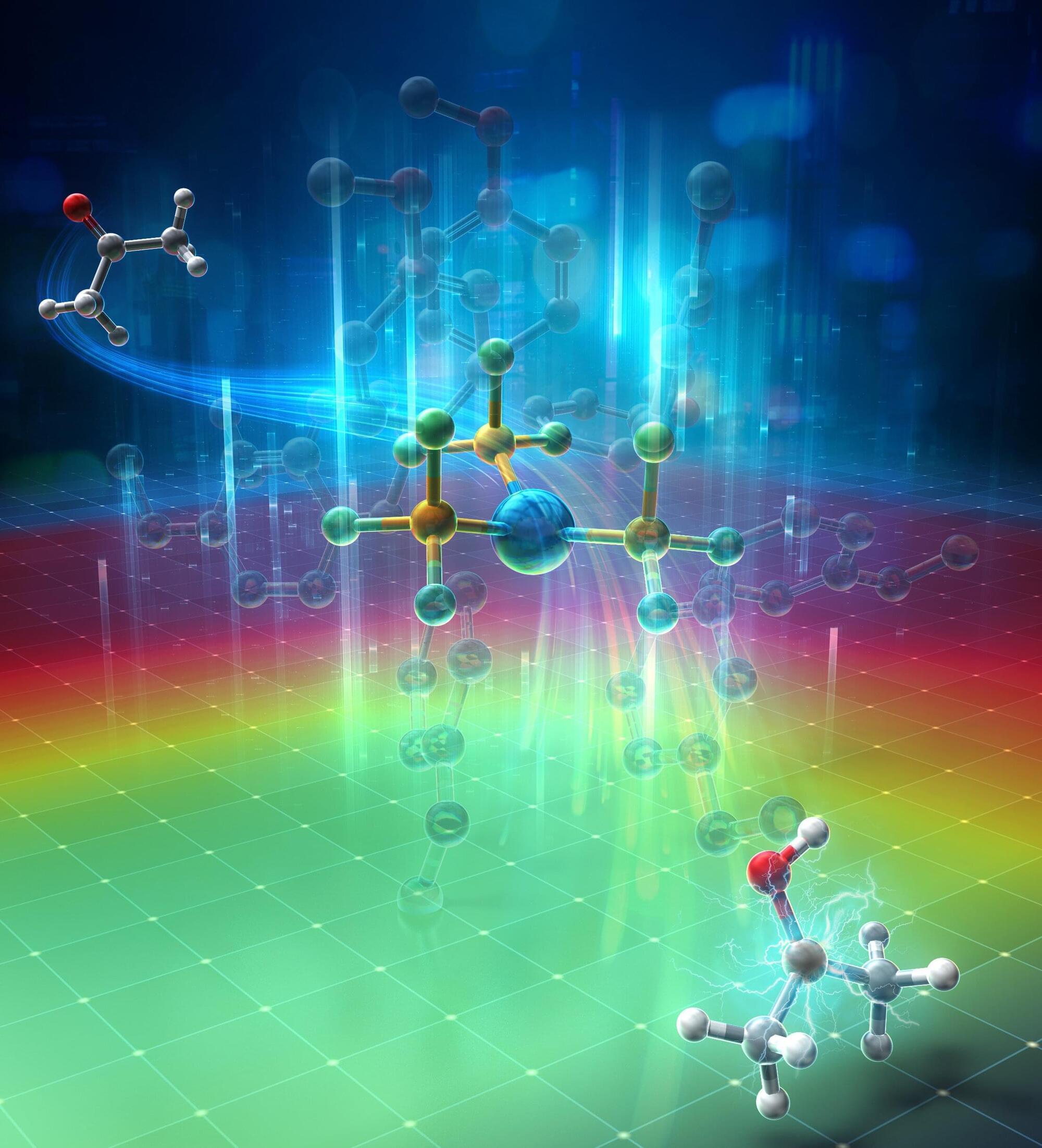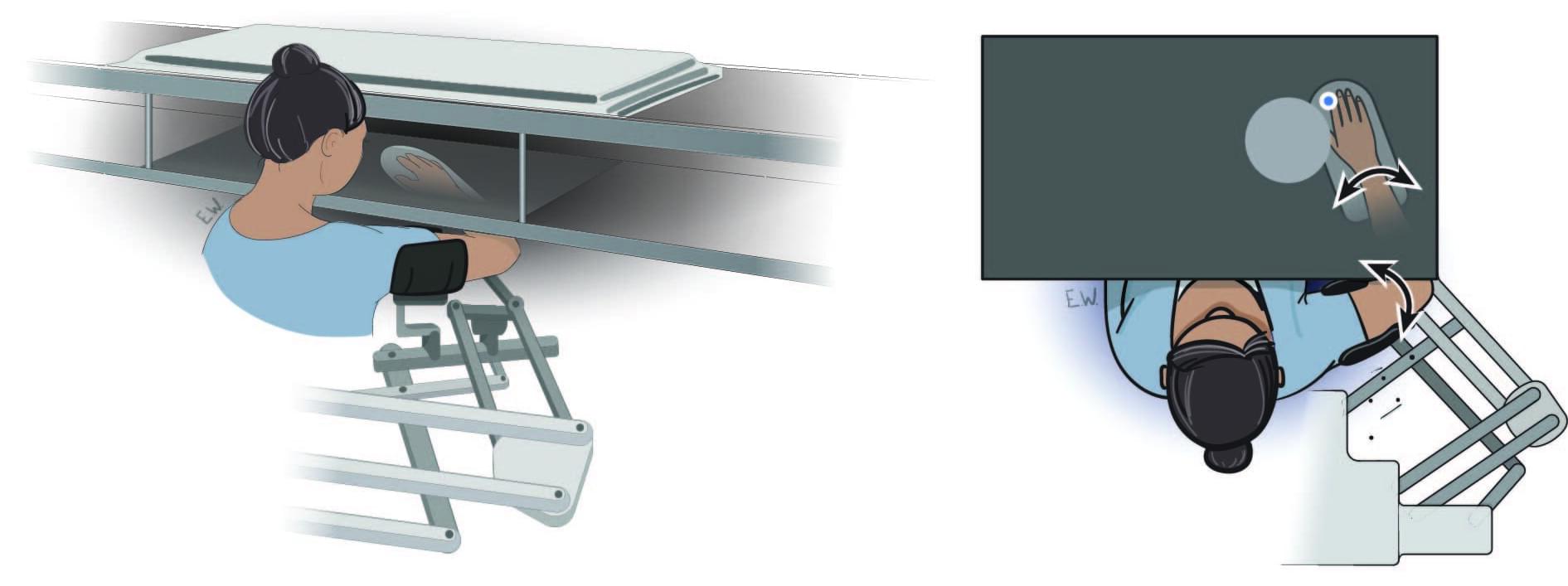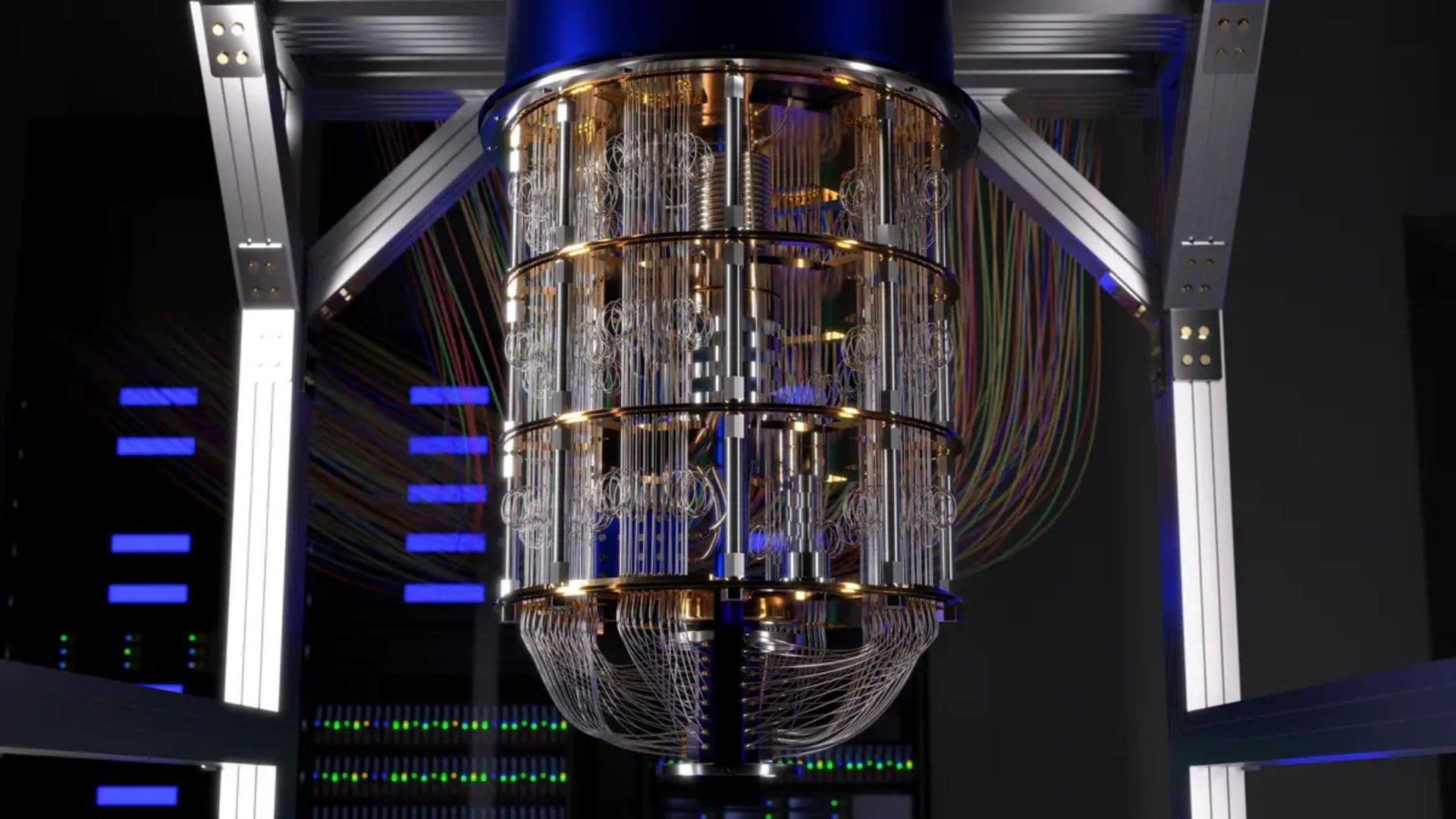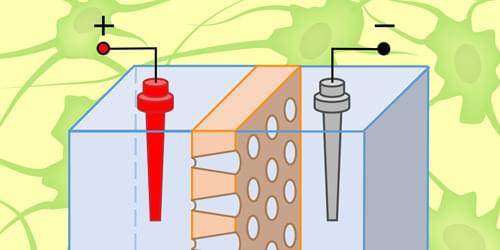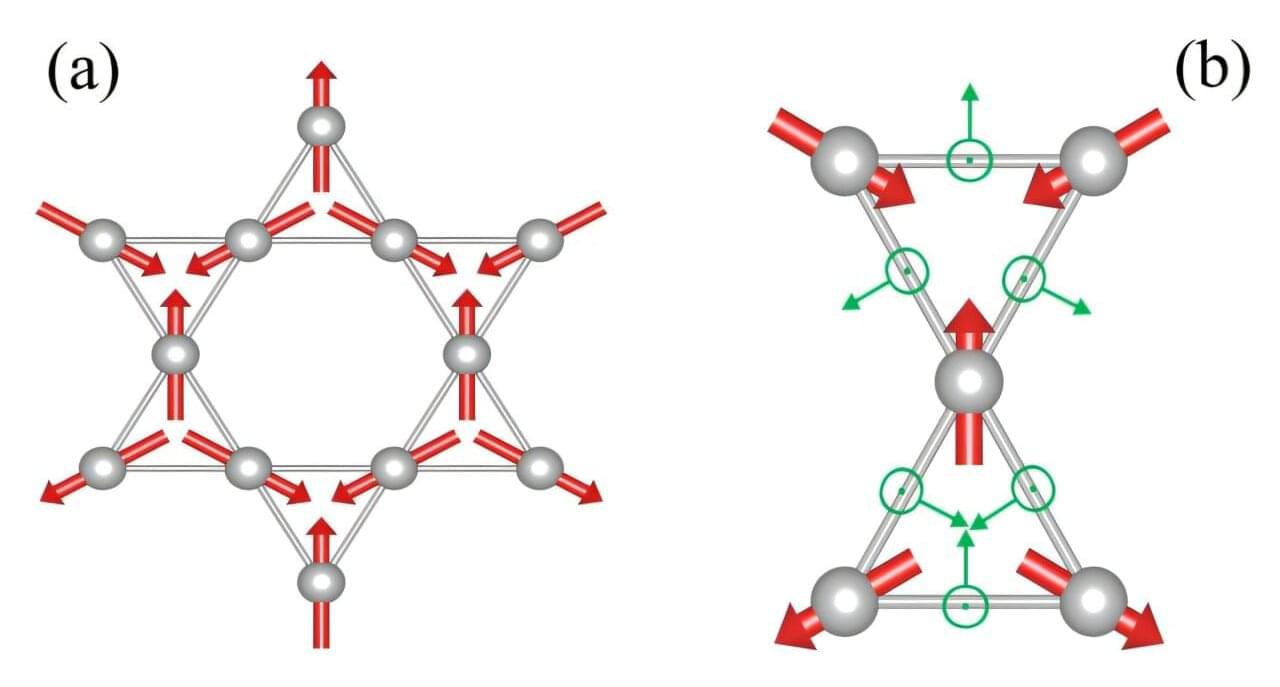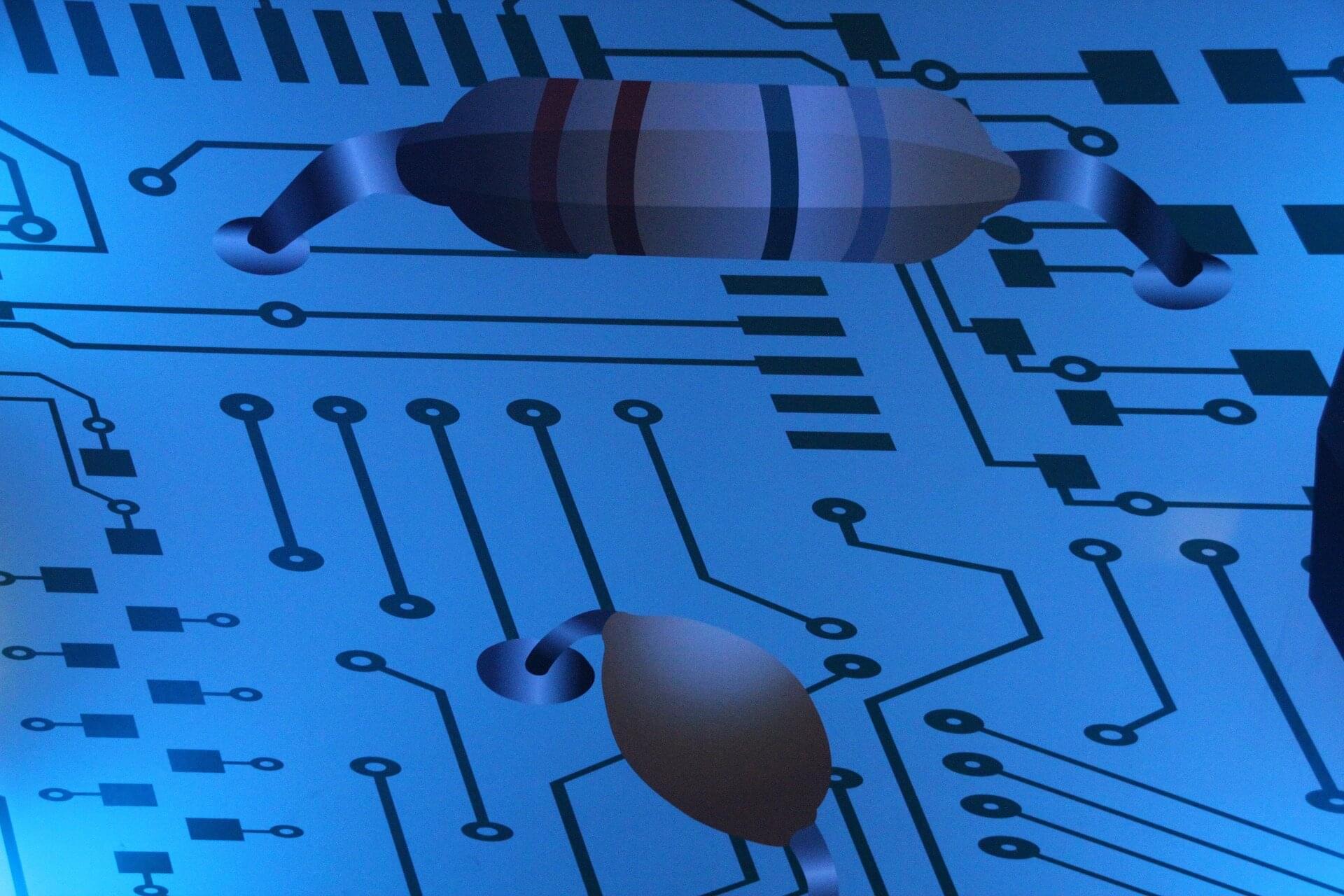Because ketones are widespread in organic molecules, chemists are eager to develop new reactions that use them to form chemical bonds. One challenging reaction is the one-electron reduction of ketones to generate ketyl radicals.
Ketyl radicals are reactive intermediates used in natural product synthesis and pharmaceutical chemistry; however, most methodologies are optimized for aryl ketones while simple alkyl ketones remain challenging for chemists. Alkyl ketones are considerably more abundant but intrinsically more difficult to reduce than aryl ketones.
To this end, a team of specialized organic chemists and computational chemists from WPI-ICReDD at Hokkaido University has developed a new catalytic method for generating alkyl ketyl radicals.
